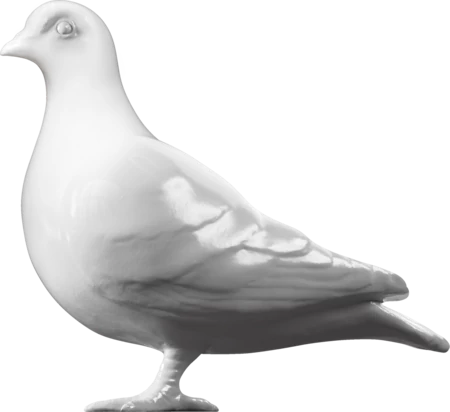London's sports stories
London Museum conducted a year-long 'sport' collecting project, engaging Londoners to share diverse experiences of sport's role in their lives and identities, and vice-versa.

Grandmaster Shifu shi Yanzi at the Shaolin Temple, UK.
If you said that ‘sport’ is part of London’s DNA, you wouldn’t be off the mark at all. But London Museum's collections didn’t quite reflect that. This is why in 2022, we embarked on a year-long Sport collecting project to add objects to the museum’s collection that gave a new and contemporary take on Londoners’ experiences of sport. We took a wide-ranging view of sporting cultures in London, covering not only participants but spectators as well.
As part of the Curating London programme (2018–2023), we worked with 10 community partners to celebrate Londoners’ experience of sport. From icons to subcultures, and from community to young sportspeople, the project identified 10 unique stories of Londoners and what sport means to them. The project involved two pieces of research. One by Sporting Heritage, which researched how sport should be represented in London Museum in Smithfield. And another in collaboration with the Cambridge Heritage Research Centre, which helped us explore the relationship between football, home and London.
What is ‘sport’, and planning our project
According to the Mayor of London’s 2019 Sport for Stronger Communities Report: “the term ‘sport’ is not limited to organised physical games and events that often include an element of competition. It also means various kinds of physical activities that bring people entertainment, enjoyment, and relaxation, such as dance, yoga and running.”
Keeping this in mind, we engaged and partnered with Londoners across the capital to guide us on what we collected. We offered four micro-grants to young Londoners to lead projects that resulted in new acquisitions for the collection.
We identified three overarching content areas addressing Londoners’ sporting activity – ‘Sporting subcultures’, ‘Contemporary sporting stories’, and ‘Culture and sport’.

Sheyi Blackett and Vwairé Obukohwo are potential Olympic rowers.
Sporting subcultures
In this strand, we explored the nature of London’s subcultures around sport – including groups of supporters and sporting communities. London is a city strongly shaped by migration, we looked at how this influences the sports being practised. How does migration resonate with participants and supporters? Which grassroots-level sporting activities and training are most important to Londoners’ everyday lives?
For example, we worked with the London School of Capoeira Herança in Finsbury Park, the first official capoeira school in London and the UK. We also partnered with qigong practitioners studying at the Shaolin Temple UK in London, which was founded by Grandmaster Shifu Shi Yanzi in 1998.
Contemporary sporting stories
Highlighting Londoners and places that could be considered ‘iconic’, this strand looked for figures who could offer new perspectives. The intent was to develop diversity in the collection, setting aside stereotypes to explore the complexity of identity.
In one project, we worked with Sagal Abdullahi of Barakah LDN, a grassroots football group created by three young Muslim Londoners. It centres on Muslim and minoritised women and girls in football. Barakah LDN is based in Fulham, an area with strong football connections and home to the well-known Fulham and Chelsea FCs.

Danni Tabor, co-founder of Lift Studio LDN.
Culture and sport
London’s sporting narratives, clothing and subcultures have greatly influenced fashion, video games and other cultural products. This is particularly felt in London itself, as a creative city and centre for innovation, as well as a high-profile location for sport and sporting teams.
Performance maker and photographer Jemima Yong created a series of photographs in collaboration with Danni Tabor, Naomi Bines and Sheriya Clement-Pascall, all coaches at Clapham-based Lift Studio LDN. Looking at the growth in weight training among women in London, and inspired by social media trends, the project explored the participants’ idea of self-image, relationships to the body as well as the weight lift itself, and the next generation. Lift Studio LDN is representative of a new wave of weight-training gyms led by and aimed at women.
Other related projects
-

Curating London
The Curating London project collected objects and stories from diverse London communities
-

London Eats
How society, politics, economics and our disabilities influence the way Londoners connect with food
-

Brexit Talks
Capturing Londoners’ views as the UK exited the EU through interviews and public events during 2019–2021
-

Collecting local histories
Over two years, we conducted community collecting projects engaging residents to document diverse local stories


